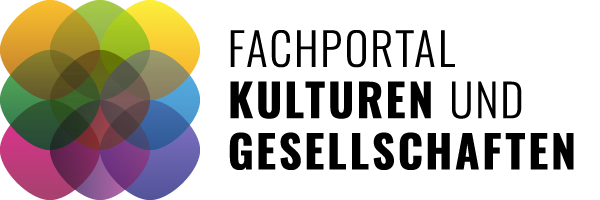PhD position in Islamic Studies with a focus in History and Philosophy of Mathematics (100 %)
Department of Social Anthropology and Cultural Studies (SACS), University of Bern
Starting date: October 1, 2025 (or as agreed)
Application deadline: June 15, 2025
MediMath is a project on the history of algebra and of its relations to arithmetic and geometry as they were developed in a broader Mediterranean world from the 9th to the beginning of the 17th century. The project combines conceptual analysis with philological research, while also following the historical trajectories of mathematicians and their texts.
The PhD candidate will join Prof. Eleonora Sammarchi's research team to work on the Work-Package Conceptual changes in Mediterranean mathematics. More precisely, the candidate will focus on the subject The use of geometry in medieval and early modern algebra. Scholarship has widely investigated the applications of algebra to geometry in medieval and early modern texts.
Tasks
Within this task, we will rather proceed in the other way round, and study how scholarly geometry changed when it was applied as a tool in algebraic texts. Evidence of this “algebraized geometry” can be found if one examines the proofs developed by scholars such as Abū Kāmil (9th c.), al-Khayyām (11th c.), and Sharaf al-Dīn al-Ṭūsī (12th c.). Additionally, the question also concerns Renaissance treatises, such as Buteo's Logistica (1559), Nuñes's Livro de algebra en arithmetica y geometria (1567) and Viète's Isagoge in artem analyticam (1591). The PhD student will focus on a comparative study made between a selection of Arabic and Latin sources.
The PhD thesis will be supervised by Prof. Eleonora Sammarchi (main supervisor) and Prof. David Rabouin (CNRS-SPHere, University Paris Cité).
The responsibilities of the PhD student recruited to this project are as follows:
• Completing the PhD dissertation
• Conducting textual analysis of Arabic and Latin sources
• Attending project meetings and research colloquia
• Collaborating closely with MediMath project members (internal and external collaborators)
• Co-organizing project workshops, conferences, and events
• Contributing to the MediMath lexicography (a multi-language digital tool that will compile outputs from the entire project)
• Participating in the project's communication strategy, including managing the project blog (Stories)
• Building academic networks with colleagues inside and outside Switzerland
• Presenting research at academic conferences
